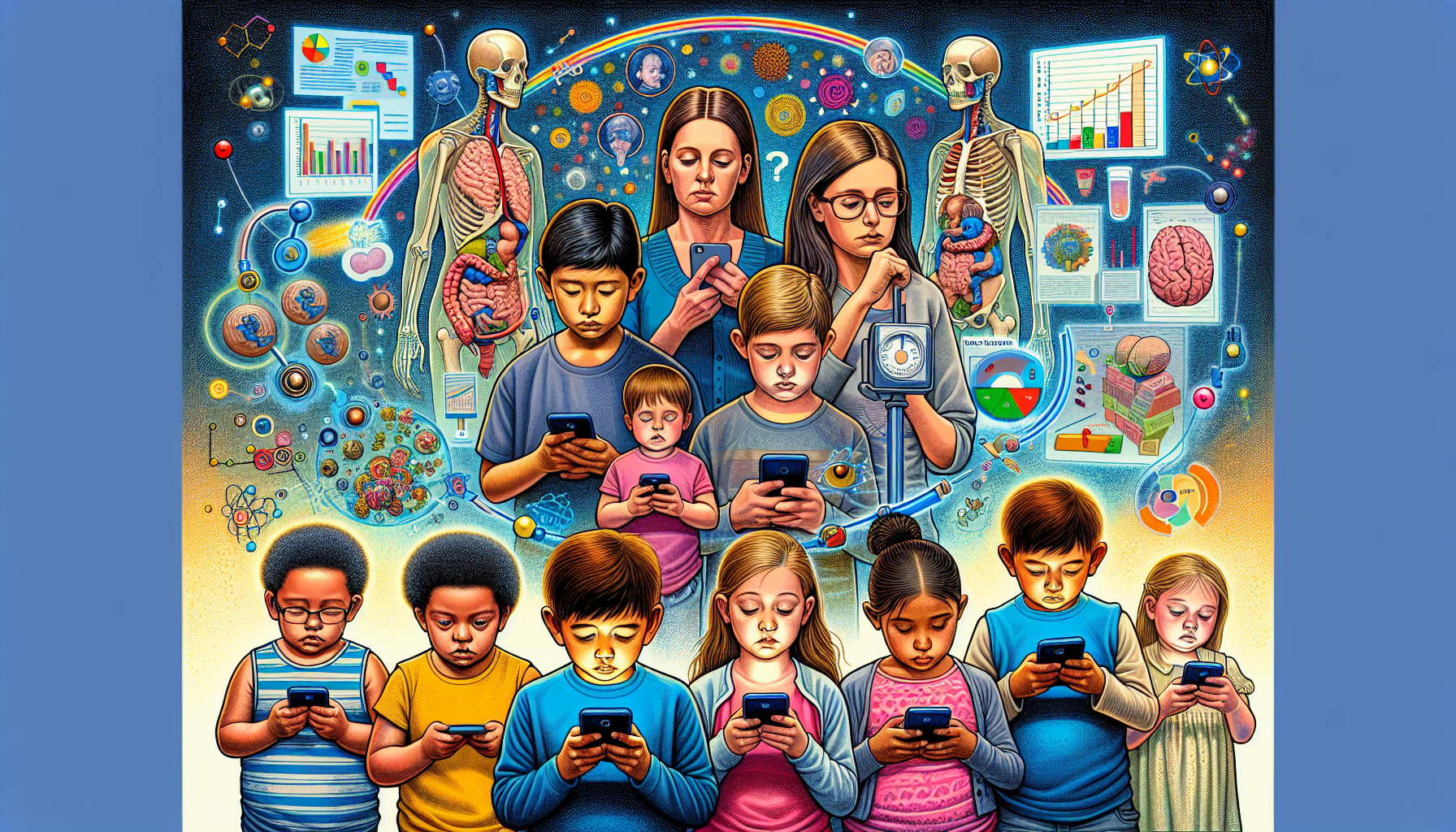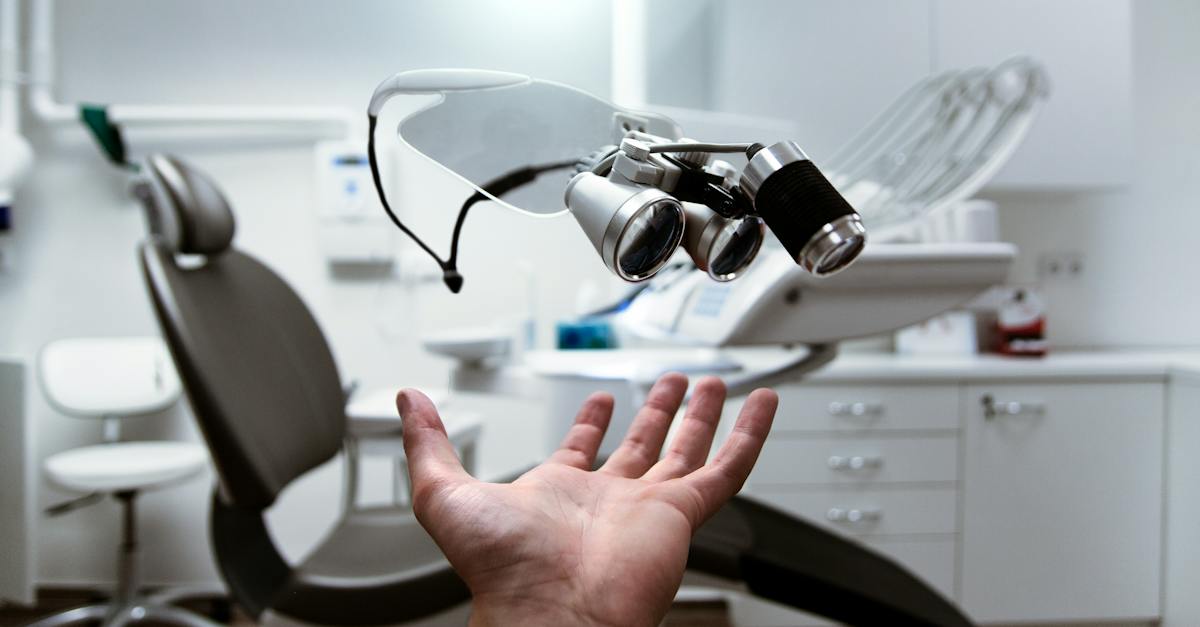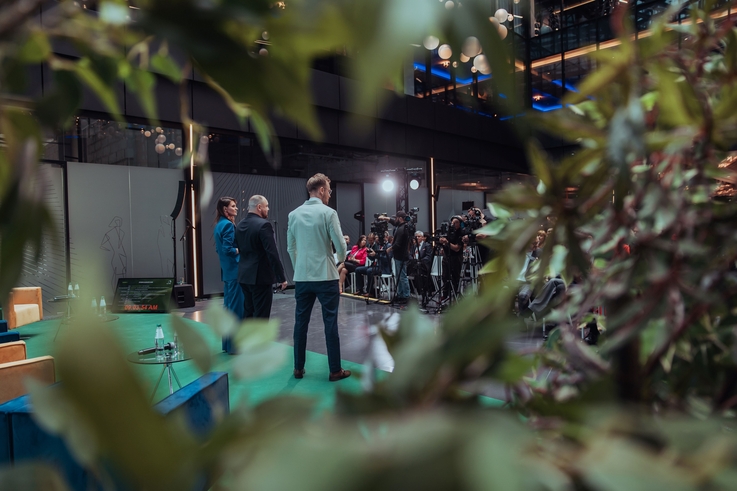Researchers from the University of Milano-Bicocca and SUPSI have used longitudinal data from INVALSI to confirm that using smartphones at an early age, before 12, does not have any benefits. Instead, it is linked to lower digital skills, increased problematic smartphone use, and may actually lead to lower academic performance in students.
Research conducted in Milan has found that the early and excessive use of smartphones by children and pre-adolescents has a detrimental impact on their learning, digital skills, and social media use. Specifically, it has been linked to lower academic achievement among a significant portion of students. Two studies from Milano-Bicocca and SUPSI have confirmed these findings using data from INVALSI, going beyond simple correlations.
One study, published in „Youth&Society” and titled „The Age of the Smartphone: An Analysis of Social Predictors of Children’s Age of Access and Potential Consequences Over Time”, examined the relationship between early smartphone access and various life outcomes in a group of 3,247 Italian 10th grade students. The study found that girls and students from less-educated families tend to receive smartphones at an earlier age, and that early access is linked to poorer well-being in adolescents at age 16, even when accounting for socio-economic factors. Delaying access to smartphones also narrowed the gender gap in language proficiency, digital skills, and life satisfaction. The study was conducted by Tiziano Gerosa from the University of Professional Studies of Southern Switzerland (SUPSI), Marco Gui from the University of Milano-Bicocca, and Lucilla Losi from Aarhus University.
Researchers Tiziano Gerosa and Marco Gui conducted a longitudinal quasi-experimental study titled „Earlier Smartphone Acquisition Negatively Impacts Language Proficiency, but Only for Heavy Media Users” to test the impact of smartphone acquisition on language proficiency, particularly for heavy media users. The study aimed to explore the theoretical hypotheses regarding the potential benefits and negative effects of smartphones on the learning process.
„This study is one of the first to delve into the impact of early smartphone use on learning levels using a more sophisticated counterfactual design and nationwide standardized tests,” says Tiziano Gerosa. „It is, in fact, a quasi-experimental study that uses longitudinal INVALSI data on children and pre-adolescents transitioning from primary to lower secondary school. This methodology allows us to approach, albeit with certain assumptions, a causal interpretation of the results.”
Our research focused on students aged 10-14, comparing those who received the device at 10 or 11 years old as they transitioned from primary to lower secondary school, to those who received it later at 12, 13, or 14 years old. We gathered data from 1,672 Italian students attending lower secondary schools, using administrative information collected by the National Institute for the Evaluation of the Education System (INVALSI).
Research findings show that early smartphone ownership did not provide any academic benefits for students at the end of lower secondary school, even for the most academically motivated individuals. However, those who developed intense media usage habits before acquiring a smartphone (spending more than two hours per day on TV and video games) showed a significant negative impact on their Italian language learning. At the time of the study, 23.5 percent of Italian students had intensive screen use, potentially subjecting them to the negative effects of smartphones.
“These results not only confirm the existence of negative relationships between early smartphone use and life outcomes in the long-run – says Marco Gui – but also show that behind such correlations lies a direct negative impact, which becomes visible for those with a reduced ability to limit screen time due to family context or specific psychological characteristics.”
The impact of digital media use on the development of minors has been a topic of significant debate for some time. While the literature has shown a negative relationship between early and excessive smartphone use and academic results, there is a need for more robust scientific evidence beyond mere correlations.
Currently, the Milano-Bicocca Digital Transformation and Wellbeing Lab is conducting ongoing research in collaboration with the University of Brescia and local associations (Sloworking and Socialis). The EYES UP project (EarlY Exposure to Screens and Unequal Performance) specifically focuses on analyzing the impact of early online devices and experiences on students’ learning levels from primary to upper secondary school.
Dystrybucja: pap-mediaroom.pl






